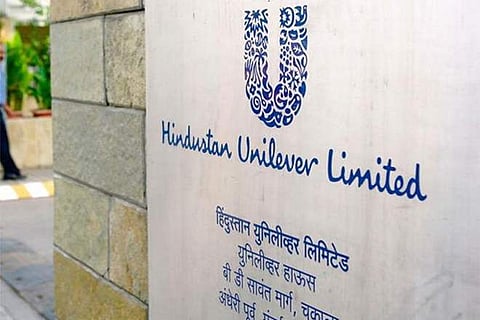

NEW DELHI: After a strategic review of its global tea business, Unilever on Thursday said it has decided to keep its operations in India and Indonesia intact, while separating the rest of the tea business into an independent entity. The decision comes at a time when the packaged consumer goods major has been failing to accelerate sales growth globally.
However, its Indian unit --- Hindustan Unilever (HUL) --- has been growing exponentially. Currently, the company is the market leader controlling more than a fifth of the tea segment in the country.
“We will retain the tea businesses in India and Indonesia and the partnership interests in the ready-to-drink tea joint ventures. The balance of Unilever’s tea brands and geographies and all tea estates have an exciting future, and this potential can best be achieved as a separate entity," the Anglo-Dutch company said in a statement.
The tea portfolio, which includes brands such as Brooke Bond, Red Label, 3 Roses, Taaza, Taj Mahal and Lipton, is one of the largest within HUL’s food and refreshment (F&R) business and has delivered strong double-digits growth during the first quarter of the current financial year with consumption shifting ‘In-home’ and demand for immunity boosters rising.
“Tea in India provides a big growth opportunity given there are just two players (Tata is the other) and the market is highly unorganised. For the past few years, HUL has been gaining share both in terms of volume and value and we had expected HUL to retain its India business as it has been aggressive on inorganic growth with the acquisition of GSK recently,” said Abneesh Roy, senior executive vice-president at Edelweiss Securities. During the June quarter, the F&R segment saw a 51.7 per cent revenue growth led by nutrition, tea and coffee.
Unilever had announced a strategic review of its global tea business in January. “A process will now begin to implement the separation, which is expected to conclude by the end of 2021," it said, while announcing its results for the first half of 2020. The tea division accounted for about 3 billion euros ($3.3 billion) of sales last year, including the $2.3 billion business that will be separated.
The volumes shrank as sales of traditional brew and the largest segment in the category - black tea - went out of fashion in the developed worlds after consumers turned in favour of herbal tea and coffee.